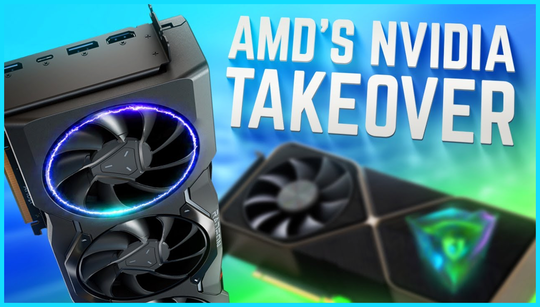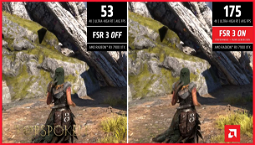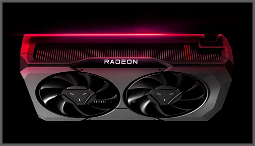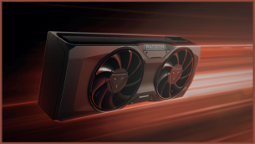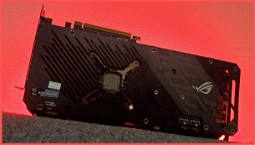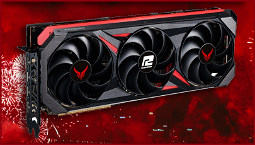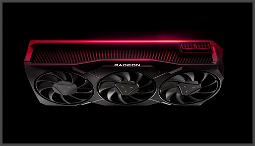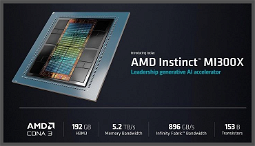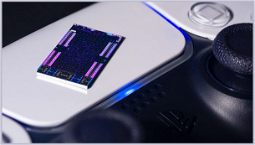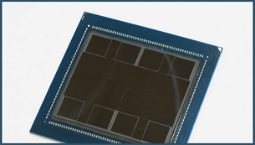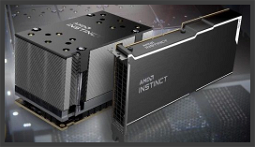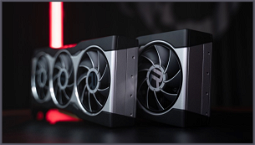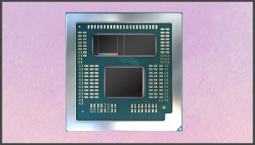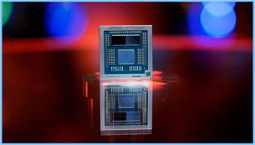AMD Plans to Expand ROCm Support
AMD has announced plans to expand its support for the ROCm software platform to include both professional and consumer RDNA 3 GPUs. Previously, AMD only officially supported its Instinct RDNA 2 workstation graphics cards under the ROCm platform, which focuses on improving GPU Compute performance and power efficiency.
The decision to broaden ROCm support comes in response to feedback and the growing interest in GPU Compute, particularly in areas like artificial intelligence (AI) and machine learning. AI acceleration has become an essential feature, and while AMD currently offers it only in its Ryzen 7040 Phoenix chips for consumers, mobile processor manufacturers have been incorporating AI acceleration for several generations.
ROCm provides a suite of optimizations for AI and HPC workloads, including fine-tuned kernels for large language models, support for new data types, and compatibility with the OpenAI Triton programming language.
ROCm Support for RDNA 3 GPUs
According to an AMD spokesperson speaking to PCWorld, initial support for ROCm on RDNA 3 GPUs is expected to be available in the fall. The first RDNA 3 graphics cards to receive official support will be the 48GB Radeon PRO W7900 and 24GB Radeon RX 7900 XTX, paving the way for others to follow.
As part of the fall rollout, additional RDNA 3 cards and expanded capabilities will be gradually added. AMD has also addressed reported driver issues on unsupported GPUs in the latest ROCm 5.6 release and is committed to further expanding its support.
“With the ROCm 5.6 release, we are addressing the driver issues that have been reported on unsupported GPUs,” says the AMD spokesperson. “We have been working closely with our partners to broaden support for ROCm on other AMD GPUs.”
By keeping up to date with GPU Compute advancements, users can harness the power of AI and machine learning for various purposes, whether it's training animals, developing games, or tackling scientific mysteries.
